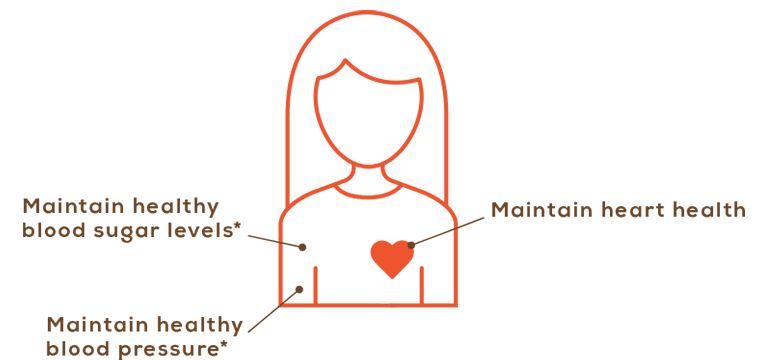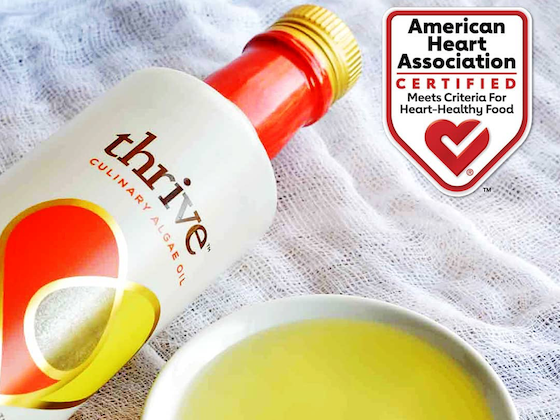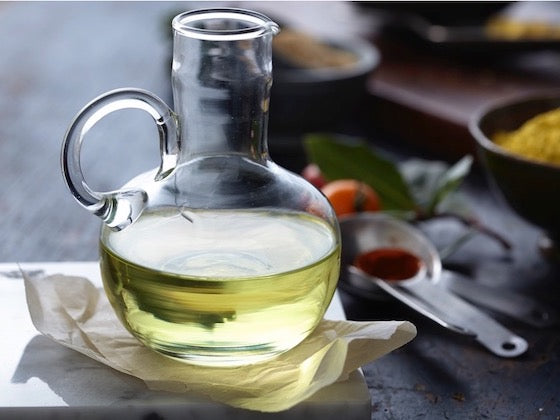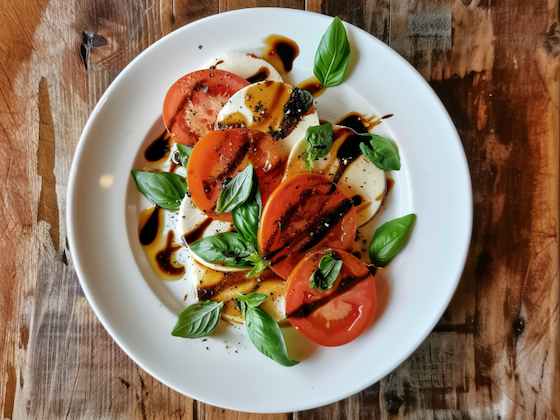Thrive™ Is Heart-Check™ Certified
Stamp of approval
Thrive™ is proud to be certified by the American Heart Association's Heart-Check™ program.
By meeting the certification's robust nutrition requirements and criteria for heart-healthy foods, you can be assured that Thrive™ Culinary Oils are a heart-healthy choice.

American heart Association certification
Heart-Check™ Program
The American Heart Association's Heart-Check™ Food Certification Program is designed to help consumers make informed choices about the foods they purchase. The nutrition requirements are food-based and intended for healthy people over age two. The Heart-Check™ Program is not a dietary solution for any particular condition or disease. People with medical conditions or dietary restrictions should follow the advice of their healthcare professionals.
Source: American Heart Association
American Heart Association's position
Monounsaturated Fat
AHA Recommendation: For good health, the majority of the fats that you eat should be monounsaturated or polyunsaturated. Eat foods containing monounsaturated fats and/or polyunsaturated fats instead of foods that contain saturated fats and/or trans fats.
The American Heart Association's Nutrition Committee strongly advises these fat guidelines for healthy Americans over age 2:
Eating between 25 and 35 percent of your total daily calories as fats from foods like fish, nuts, and vegetable oils.
Limiting the amount of saturated fats you eat to less than 7 percent of your total daily calories. That means if you need about 2,000 calories a day, less than 140 calories (or 16 grams) should come from saturated fats.
Limiting the amount of trans fats to less than 1 percent of your total daily calories. That means if you need about 2,000 calories a day, less than 20 calories (or 2 grams) should come from trans fats.
For good health, the majority of fats you eat should be monounsaturated or polyunsaturated.
Eating foods with fat is definitely part of a healthy diet. Just remember to choose foods that provide good fats (monounsaturated and polyunsaturated fats) and balance the amount of calories you eat from all foods with the amount of calories you burn. Aim to eat a dietary pattern that emphasizes intake of vegetables, fruits, and whole grains; includes low-fat dairy products, poultry, fish, legumes, non-tropical vegetable oils and nuts; and limits intake of sodium, sweets, sugar sweetened beverages and red meats.
Doing so means that your diet will be low in both saturated fats and trans fats.
Source: American Heart Association (link opens in new tab)

Health benefits and healthcare cost savings
Suggested reading
For more information about health benefits and evaluation of healthcare costs savings with monounsaturated-rich oils and food products, we recommend this article in the Oxford Academic Nutrition Reviews: LINK (external page, opens in new tab)















